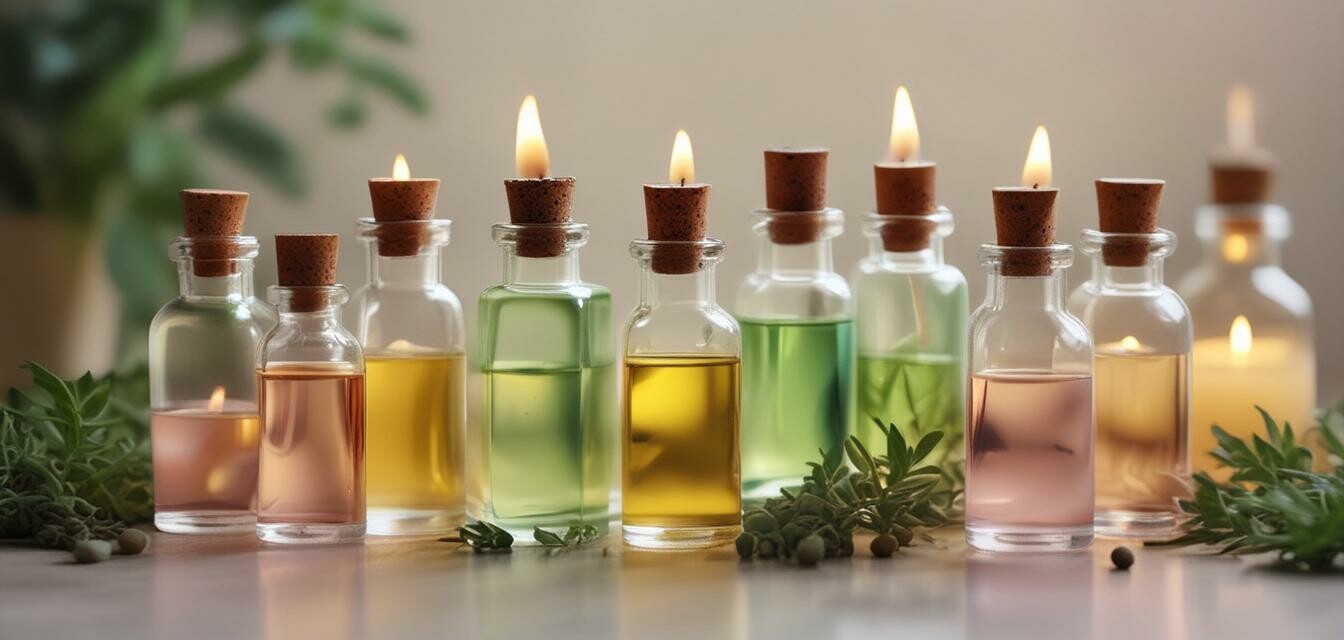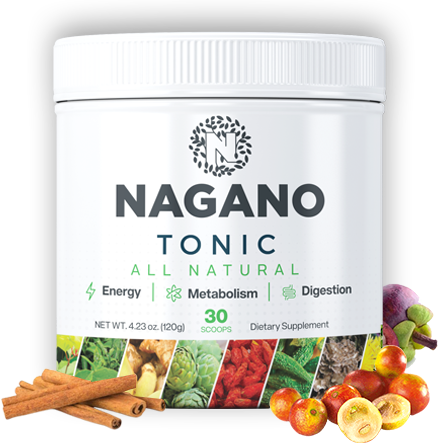
Emotional Healing through Aromatherapy
- Aromatherapy can be a powerful tool for emotional healing.
- Essential oils like lavender, chamomile, and bergamot are known for their calming properties.
- Incorporating aromatherapy practices into your daily routine can enhance overall well-being.
- Scent can evoke memories and feelings, aiding in stress relief.
- Experiment with different oils to find what resonates best with you.
Aromatherapy has been practiced for centuries and is gaining recognition as a holistic approach to emotional healing. Through the use of essential oils, individuals can harness the power of scent to promote relaxation and relieve stress. In this article, we'll explore various oils and practices that can aid in emotional recovery and overall well-being.
Understanding aromatherapy
Aromatherapy involves the use of essential oils extracted from plants, flowers, and herbs. These oils carry the natural scent of the source and have been believed to impact mood and emotional states. When we inhale these scents, they can influence our limbic system, the part of our brain linked to emotions and memories.
How aromatherapy supports emotional healing
Aromatherapy can support emotional healing in several meaningful ways:
- Stress reduction: Certain essential oils can help calm the nervous system and reduce feelings of tension.
- Enhanced mood: Uplifting scents have a positive effect on mood and can help alleviate feelings of anxiety.
- Increased mindfulness: The practice of engaging with your senses through scent encourages mindfulness and present-moment awareness.
Essential oils for emotional healing
Below is a table representing some popular essential oils known for their emotional healing properties:
| Essential Oil | Properties | Usage Tips |
|---|---|---|
| Lavender | Relaxing, calming, soothing | Add a few drops to a diffuser before bed. |
| Bergamot | Uplifting, stress-relieving | Use in a massage oil for relaxation. |
| Chamomile | Calming, anti-anxiety | Inhale directly or use in a warm bath. |
| Frankincense | Grounding, stabilizing | Apply diluted on pulse points for calming effects. |
| Ylang Ylang | Balancing, mood-enhancing | Diffuse to create a tranquil atmosphere. |
Practices to incorporate aromatherapy
There are many ways to incorporate aromatherapy into your daily routine. Here are some popular practices:
- Diffusion: Use an essential oil diffuser to disperse the scent throughout your space.
- Topical application: Dilute essential oils with a carrier oil when applying to the skin.
- Aromatic baths: Add a few drops of essential oils to your bath water for a relaxing soak.
- Inhalation: Place a drop or two of oil on a tissue or cotton ball and inhale deeply.
- DIY products: Create your own blends for use in candles, lotions, or sprays.
Creating a calming environment
Beyond just using essential oils, creating a calming environment can significantly enhance the emotional healing process. Here are some tips to create a serene atmosphere:
- Dim the lights to promote relaxation.
- Incorporate soft textures like cushions and blankets.
- Use calming colors in your space, such as blues and pastels.
- Play soft instrumental music or nature sounds.
- Keeps plants around, as they can improve air quality and mood.
Tips for beginners
If you're new to aromatherapy, here are some essential tips to get you started:
- Choose high-quality, pure essential oils.
- Start with a few oils and experiment to find your favorites.
- Always perform a patch test before applying oils to the skin.
- Keep a journal to record your experiences and any emotional changes.
- Stay safe; some oils may not be suitable for children, pregnant women, or pets.
Conclusion
Aromatherapy can be a valuable tool in supporting emotional healing. By understanding which essential oils resonate with you and how to use them effectively, you can create a soothing environment that encourages tranquility and emotional well-being. As you embark on your aromatherapy journey, allow yourself the grace to explore and discover what works best for your needs.
Pros
- Natural and holistic approach to emotional well-being.
- Wide variety of scents to choose from.
- Easy to incorporate into daily routines.
- Promotes relaxation and mindfulness.
Cons
- Results may vary from person to person.
- Some individuals may be sensitive to particular scents.
- Quality of essential oils can differ significantly.
For more information on how to effectively use various wellness products in your life, visit our sections on aromatherapy products or check out our wellness tips.
